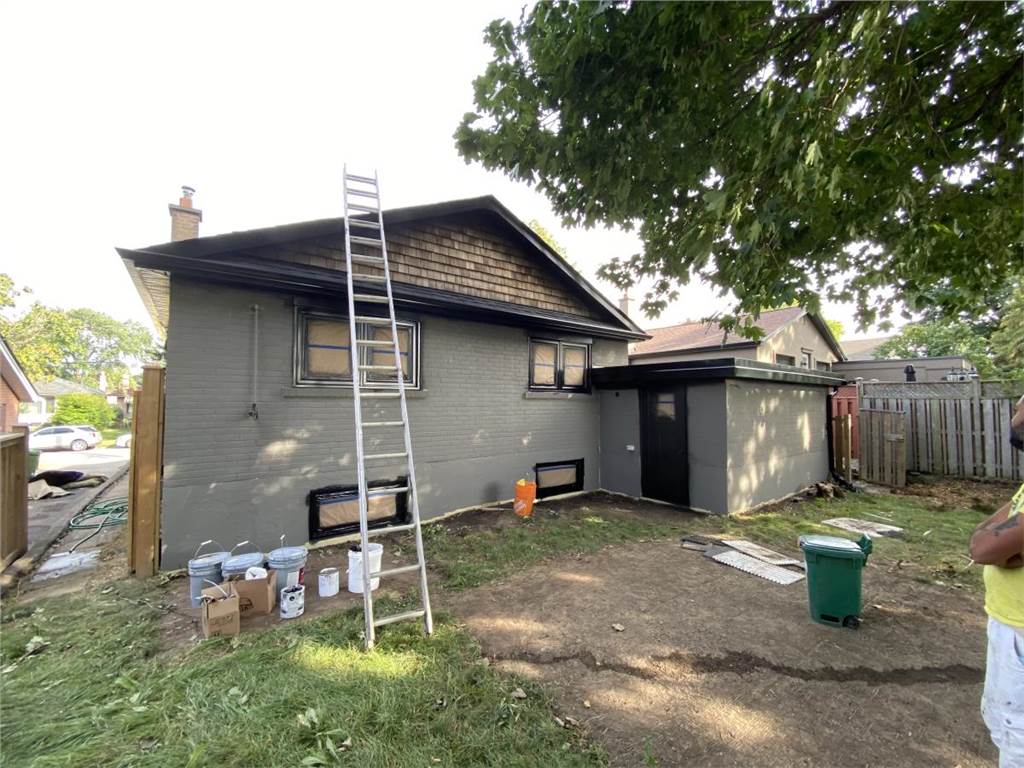
Cost Of Interior Painting: Hows And Whys
If you're considering giving your home a fresh coat of paint, you might be wondering how much it will cost. Interior painting can be a big project, but the cost doesn't have to be prohibitive. In this blog post, we'll break down the different factors that affect the cost of interior painting and give you some tips on how to get the best price. Whether you're planning to do the job yourself or hire a professional, we hope this information will help you budget for your project. Thanks for reading!
What Can Affect the Cost of Interior Painting?
There are a few factors that can affect the cost of interior painting, such as the size of the room, the type of paint being used, and any special painting techniques that may be required. Additionally, the cost of labor will also play a role in the overall price. Typically, larger rooms or those with more complex paint jobs will cost more to paint than smaller ones. Similarly, higher-quality paints will also tend to be more expensive. If you're looking to get an accurate estimate for your specific project, it's best to consult with a professional painter in your area.
Size of the Room:
The size of the room will definitely affect the cost of painting. The larger the room, the more paint you'll need and the more time it will take to complete the job. However, there are a few things you can do to minimize costs, like painting smaller rooms yourself or hiring a professional painter for larger rooms. Overall, the size of the room is an important factor to consider when budgeting for a painting project.
Type of Paint Being Used:
There are a few factors that affect the cost of interior painting, including the type of paint being used. Generally speaking, higher-quality paints will cost more than lower-quality paints. Additionally, the paint color can also affect the overall cost - light colors tend to be less expensive than dark colors. Finally, the number of coats required can also play a role in determining the final cost. Typically, three coats are needed for standard interior painting jobs.
Painting Techniques:
There are a few different painting techniques that can affect the cost of interior painting, depending on the type of finish you're looking for. If you want a very smooth, sleek finish, glossy paint is often used and can be more expensive. On the other hand, if you're going for a more rustic look, matte paint may be a better option and can be less expensive. The type of paint also affects the cost - higher quality paint will usually be more expensive than lower quality options. In general, hiring a professional to do your interior painting will cost more than doing it yourself, but you'll likely get better results.
Experienced Painters:
As a general rule of thumb, you can expect to pay slightly more for an experienced painter than you would for someone who is just starting out in the business. This is because experienced painters have a better understanding of the painting process and are able to complete jobs more quickly and efficiently. As such, they may be able to charge slightly higher rates than their less experienced counterparts.
Preparation:
The amount of preparation that goes into a paint job can have a significant effect on the overall cost. More extensive prep work, such as sanding and priming surfaces, will obviously take more time and effort and will therefore add to the bottom line. Less intensive prep work, such as simply cleaning the walls, will obviously be less costly. In general, though, it is always best to err on the side of caution when preparing for a painting project, as any shortcuts taken could potentially lead to subpar results.
Is Higher Cost Means a Higher Quality of Interior Painting?
No, not necessarily. Some factors that can affect the cost of interior painting include the size of the job, the type of paint being used, and the number of coats required. Higher quality paints may cost more, but they may also require fewer coats and fewer touch-ups over time. So, it really depends on your specific needs and budget. On the other hand, if you are willing to pay a higher amount of money, you probably get a higher quality service.



